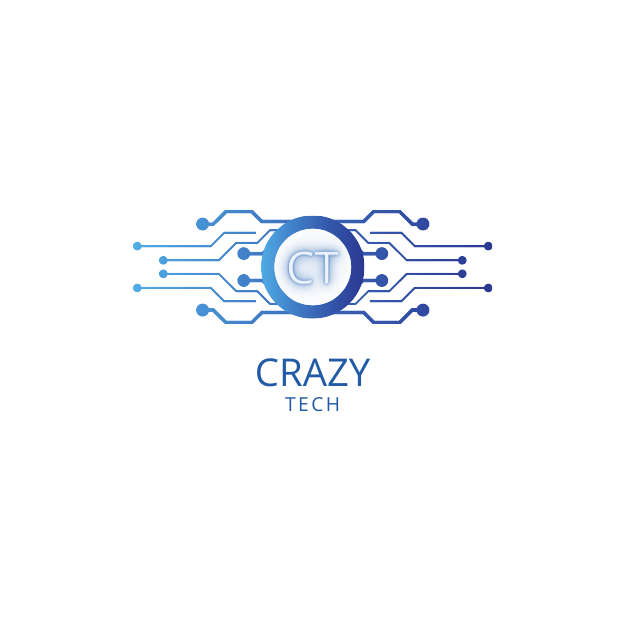What is Metaverse?
Benefits of Metaverse
Applications of Metaverse
Metaverse Ecosystem
Metaverse Technology
Conclusion
What is Metaverse?
Metaverse is a decentralized virtual universe built on blockchain technology. It is a platform for creating, owning, and trading digital assets and services.
Metaverse is a revolutionary concept that allows users to create their own virtual world and interact with other users through avatars, games, and social media.
Benefits of Metaverse
Metaverse offers a range of benefits to its users, such as the ability to create and own digital assets, the ability to trade these assets, and the ability to create and participate in virtual worlds.
Metaverse also offers a secure and private platform for users, as all transactions are recorded on a blockchain and stored in a distributed ledger.
Applications of Metaverse
Metaverse can be used for a variety of applications, such as gaming, virtual reality, social media, and e-commerce. It can also be used for asset tokenization, which is the process of turning real-world assets into digital tokens.
Metaverse can also be used for digital identity management and smart contracts, which are automated contracts that can be used to execute transactions without the need for a third-party
Metaverse Ecosystem
The Metaverse ecosystem consists of a range of services and applications that are built on the Metaverse blockchain. These services and applications can be used to create, own, and trade digital assets, as well as to interact with other users in virtual worlds.
The Metaverse ecosystem also includes a range of tools and services that can be used to develop applications and services on the Metaverse blockchain.
What are the opportunities for businesses in the Metaverse? The Metaverse is a rapidly growing virtual world that offers a number of opportunities for businesses. By definition, the Metaverse is a shared virtual space that is created by a combination of digital and physical elements. It is an interactive, 3D environment that can be accessed from anywhere in the world. Businesses can take advantage of the Metaverse’s opportunities by leveraging its capabilities to create an immersive, interactive experience for their customers. This could include creating virtual stores, interactive exhibitions, or even virtual events to promote their products and services. Businesses can also create virtual replicas of their physical locations, allowing customers to explore their products in a virtual setting. In addition, businesses can leverage the Metaverse’s user-generated content capabilities to create unique and engaging experiences for customers. For example, businesses can create virtual worlds that allow customers to create their own avatars, design their own spaces, and interact with other users. This can provide an engaging and unique experience that customers cannot find in traditional settings. Businesses can also use the Metaverse to create virtual training programs and educational courses. This could be used to teach customers about the products or services that the business offers, or to help employees learn new skills and concepts.
Metaverse Technology
Metaverse is built on blockchain technology, which is a distributed ledger system that allows users to securely store and transfer digital assets. Metaverse also uses a consensus algorithm called Delegated Proof of Stake to ensure the security and stability of the network.
Metaverse also utilizes a range of other technologies, such as smart contracts, digital identity management, and asset tokenization, to provide users with a secure and private platform for creating, owning, and trading digital assets.
What are the implications of the development of Metaverse for the global economy? The development of Metaverse has the potential to revolutionize the global economy. Metaverse is a decentralized, open-source, virtual world platform that enables users to create, own, and share virtual assets, create digital identities, and interact with other users in virtual spaces. This platform has the potential to create a new digital economy that could potentially disrupt traditional economic systems. First, Metaverse could create new digital markets and digital assets. With Metaverse, users can create, own, and trade virtual assets, such as digital art, digital currencies and other digital items. This digital asset trading could potentially create new markets and new economic opportunities. Second, Metaverse could create new business models. Companies could use Metaverse to create and operate virtual stores, or even virtual cities. This could give companies an entirely new way of interacting with customers and providing services. This could potentially open up new business opportunities for entrepreneurs around the world. Third, Metaverse could create new opportunities for financial services. With Metaverse, users can create digital identities and access financial services such as loans, investments, and insurance. This could potentially open up new opportunities for individuals and businesses in developing countries, who often lack access to traditional banking services.
Conclusion
Metaverse is a revolutionary concept that has the potential to revolutionize the way we interact with each other and with digital assets. It offers a secure and private platform for users to create, own, and trade digital assets, as well as to interact with other users in virtual worlds.
Metaverse is a powerful tool that can be used for a variety of applications, and its ecosystem is growing rapidly. As the technology and ecosystem continue to evolve, Metaverse will become an even more powerful platform for digital asset creation and trading.
3 topic about Metaverse 1. What is the future of Metaverse? 2. What are the opportunities for businesses in the Metaverse? 3. What are the implications of the development of Metaverse for the global economy?





.png)